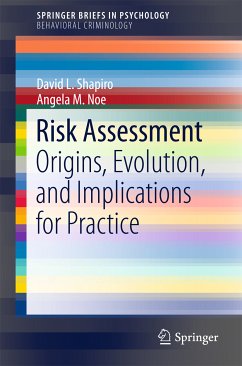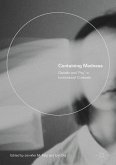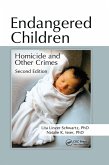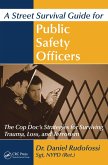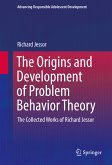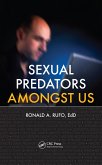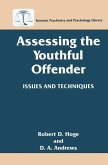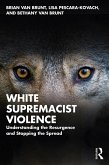- The history of violence prediction.
- Commonly used assessment instruments with their strengths and limitations.
- Psychological risk factors, both actual and questionable.
- Clinical lessons learned from instructive court cases, from Tarasoff forward.
- Implications for treatment providers.
- How more specialized risk assessment measures may be developed.
Risk Assessment offers its readers--professionals working with sex offenders as well as those working with the Violence Risk Appraisal Guide and Sex Offender Appraisal Guide--new possibilities for rethinking the assessment strategies of their trade toward predicting and preventing violent criminal incidents.
Dieser Download kann aus rechtlichen Gründen nur mit Rechnungsadresse in A, B, BG, CY, CZ, D, DK, EW, E, FIN, F, GR, HR, H, IRL, I, LT, L, LR, M, NL, PL, P, R, S, SLO, SK ausgeliefert werden.

